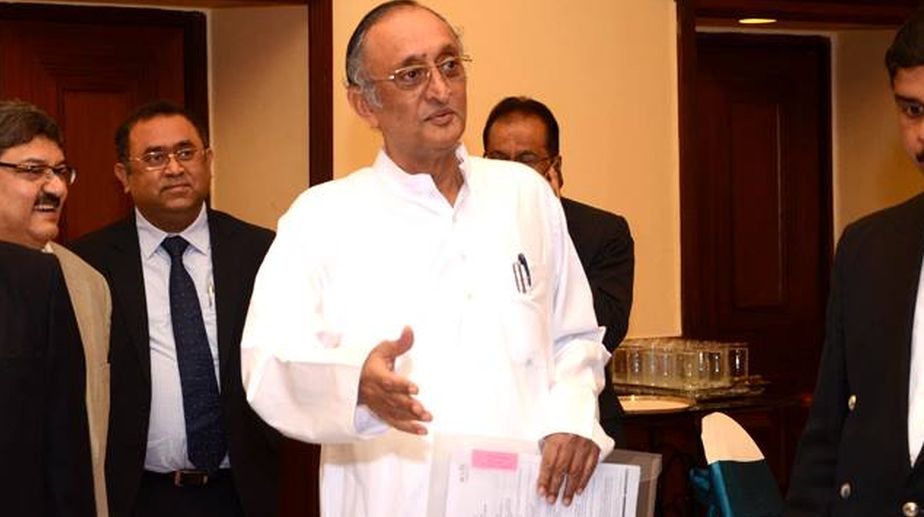Raising concern on the mechanism for GST refund to exporters, West Bengal Finance Minister and GST Council’s member Amit Mitra said a parliamentary panel pointed out “no interface” among the GST Network (GSTN) and Directorate General of Foreign Trade (DGFT) electronic data interchange (EDI) systems.
He said delayed refund to exporters in GST regime would lead to job loss in the labour intensive export sectors.
Advertisement
Citing the parliamentary committee’s report, he said: “It has been noticed that there is no interface amongst GSTN and DGFT EDI systems. Even the training given to the officers on ground on issues like Letter of Undertaking (LUT) and related matters has not been adequate… it has been experienced that it is easy to pay tax but it is very difficult to get a refund.”
According to him, the problem lies in the refund delivery mechanism because of “manual” processing of refund application and the system becomes more “primitive”.
“I am deeply concerned on the GST matters vis-a-vis exports,” he said while addressing the Export Excellence Awards ceremony organised by the Federation of India Export Organisations on Thursday evening.
According to the report — Impact of Goods and Services Tax (GST) on Exports — by the parliamentary committee headed by Naresh Gujral, the refund of IGST paid on export goods and refund of Input Tax Credit (ITC) on goods exported under Letter of Undertaking (LUT)/ Bond in the month of July, August, and September, 2017 still remain pending.
As a result, huge amount of working capital has been reportedly locked up, thereby, severely hurting the businesses of exporters and affecting their ability to be competitive in international markets. The Committee notes that a sharp liquidity crunch has gripped the majority of exporters due to the blocking of funds, the report said.
“It (the delay in disbursing refund) means your capital is blocked. The committee’s report said the (quantum of) blocked capital (stuck up with the government for refunds) could be between 15-20 per cent of the working capital. Declining of the working capital would lead to losing of jobs by the workers,” he said.
Again, citing the report, Mitra said the Committee notes that in the month of October, there is an overall decline in the merchandise exports by negative 1.12 per cent vis-a-vis exports of October last year.
The Committee notes that during the period July-October there has been a drop in the exports in the sectors like readymade garments of all textiles, fruits and vegetables, carpets, handicrafts, gems and jewellery, and there has been some stagnation in the sectors like leather.
According to the report, the labour intensive sectors appear to have been adversely impacted in this brief period, he said.
Mitra said the GSTN is supposed to process 300 crore of invoices per month and the software system has to undergo a change.











